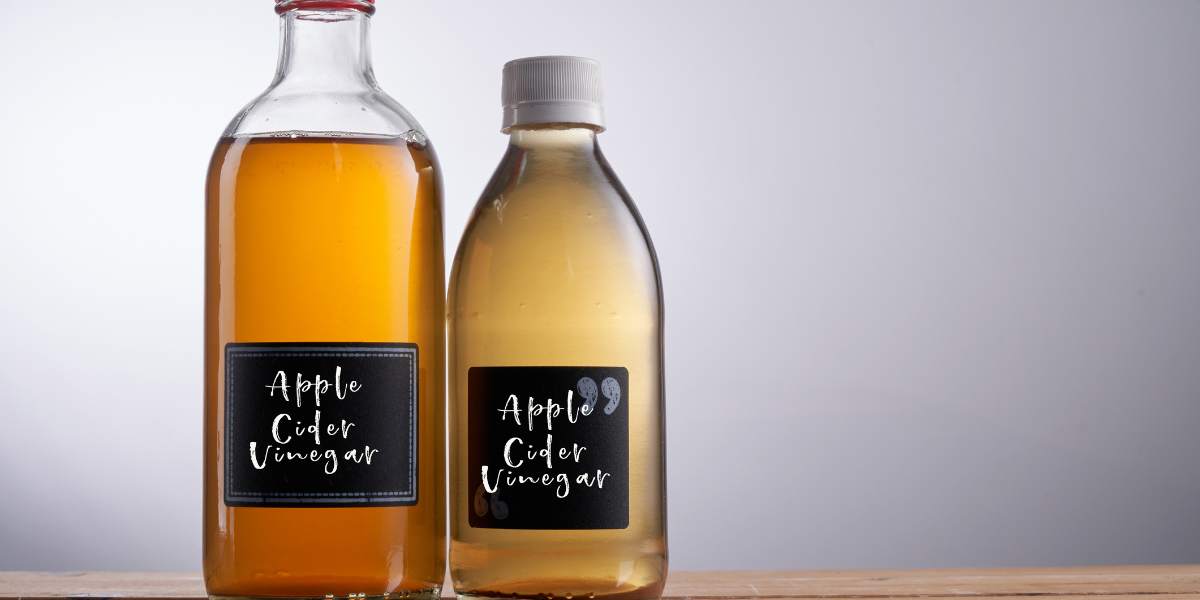Aloe vera is a product of the prickly but succulent aloe vera plant, which has been used in herbal medicine for thousands of years due to its healing, rejuvenating and soothing properties.
Native to the Caribbea, South Africa and Latin American, the plant’s leaves contain a clear gel that is widely used in:
- Creams
- Lotions
- Shampoos
- Ointments
A bitter liquid known as aloe latex, that can be derived from the skin of the leaves, is used in juice drinks, tablets, capsules and dental care items such as toothpaste and mouthwash.
How does it affect diabetes?
Preliminary research suggests that intake of aloe vera juice can help improve blood glucose levels andmay therefore be useful in treating people with diabetes. [66]
Aloe has also been linked with:
- Decreased blood lipids (fats) in patients with abnormally high levels of these molecules in the blood (e.g. some people with type 2 diabetes ) and/or acute hepatitis (liver disease)
- Decreased swelling and faster healing of wound injuries. Leg wounds and ulcers are common complications of diabetes , and they typically take longer time to heal than in healthy non-diabetic individuals. [67]
These positive effects are thought to be due to the presence of compounds such as lectins, mannans and anthraquinones.
What other health benefits does it have?
As well as being mainly used to help soothe and heal skin problems and irritations, aloe vera also:
- Supports digestive system health
- Helps treat constipation
- Helps the healing process in regards to both pain and inflammation
- Prevents scars after surgery
- Aids dental health
In addition, preliminary studies suggest that oral aloe vera gel may reduce symptoms and inflammation in patients with ulcerative colitis, which is a form of inflammatory bowel disease.
Where can I buy aloe vera?
Aloe vera-based products are available from most health and beauty and health food retailers such as The Body Shop and Holland and Barrett.





